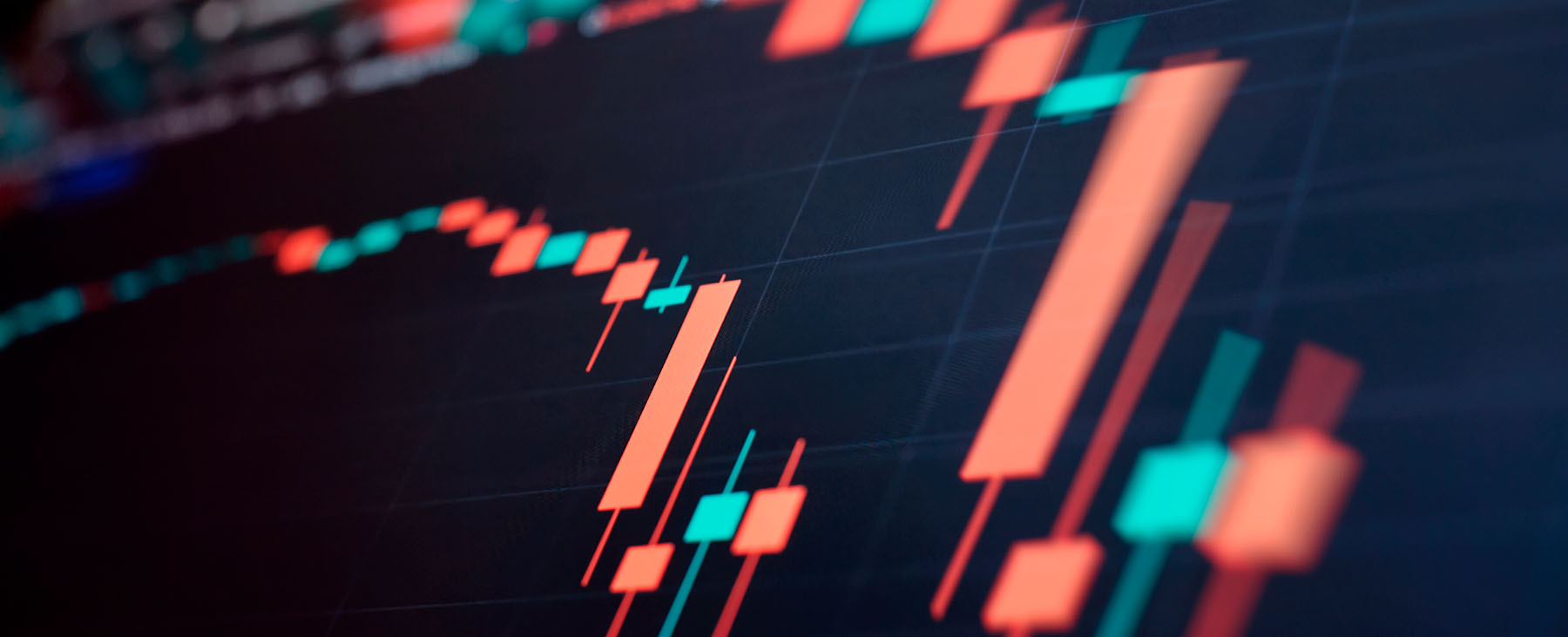

Why the stock market falls when money rises
History shows that stock markets usually go down in the short term when central banks decide to raise interest rates. There are several reasons for this phenomenon.
In March, the US Federal Reserve (Fed) raised the money rate by a quarter point, bringing it to between 0.25 % and 0.50 %. Although the move came as no surprise given the need to control high inflation, it was a turnaround in the Fed’s policy, which had kept the price of money at almost zero since the start of the pandemic.
This increase will not be the only one in 2022. The Fed itself estimated in March that rates would end the year at 1.9%, compared to an initial forecast of 0.9%. However, this new forecast is likely to fall short. The president of the Federal Reserve Bank of St Louis, James Bullard, has publicly advocated a year-end interest rate of 3.5 %. And the markets of futures already anticipate it to be between 2.5 % and 2.75 %.
The European Central Bank has been so far reluctant to raise interest rates, but this is already an option if inflation continues to run rampant.
It is clear that central banks on both sides of the Atlantic Ocean have already started to withdraw the huge monetary stimuli deployed to alleviate the effects of Covid-19 on the economy. What could be the consequences of raising the official price of money?
A fragile equilibrium
The economy is a game of trade-offs between different variables. Cheap money stimulates economic transactions, but it also leads to higher inflation, which can end up compromising economic growth. High interest rates cool the economy and curb inflation, but can also strangle growth.
When economic bubbles occur or inflation spikes, central banks are forced to raise interest rates to stabilise the system. The difficulty is to do so without stifling the economy. While in recent years central banks have financed governments at rock-bottom prices and the private sector has had cheap money to invest, inflation is forcing a change in monetary policy. Mortgages will become more expensive, as will all other loans taken out by companies and individuals.
Unfortunately, History teaches us that the consequences of a restrictive monetary policy cascade. More expensive credit translates into lower investment, which slows the economy and can raise the spectre of unemployment.
Why does the stock market suffer?
In general, the higher cost of money is bad news for corporate profitability for several reasons.
- Consumer access to credit is more expensive, so demand tends to fall, which hurts companies’ bottom lines.
- Money also becomes more expensive for companies, which lowers the profitability of their investments on credit, limiting their profits.
- In the case of a high level of indebtedness, the increase in interest rates can even put companies in serious financial difficulties, as they have to face higher interest rates than expected.
- In addition, higher interest rates are passed on to bank deposits and the bond market. And higher yields on these products attract some of the volatile stock market investment, which can drive down share prices.
A bad deal in the short term
The fact is that on four of the last seven occasions that the Fed raised interest rates (1994, 1999, 2004 and 2015), the return on the S&P 500 index, which includes 500 large US-listed companies, was negative within three months of the move. It only recovered in the longer term.
Moreover, rising rates tend to hurt less stable stocks in particular. Sectors such as commodities or established companies, which usually offer dividends, tend to fare better in the face of this measure.
If you want to discover the best option to protect your savings, enter Preciosos 11Onze. We will help you buy at the best price the safe-haven asset par excellence: physical gold.
Leave a Reply
You must be logged in to post a comment.





👍
Gràcies, Manel!!!
Gràcies
Gràcies, Joan!!!
Bona pregunta, si puja el valor del diner deuria pujar la borsa, però jo crec que el fet d’alertar d’una futura crisi es tan atípic que els inversors atípicament s’estan preparant per a la crisi recollint beneficis de la borsa venent els seus valors provocant una baixada general de la borsa previa a l’anunciada crisi.📊
Molt probablement és així, Jordi, i moltes gràcies pel teu comentari!!!